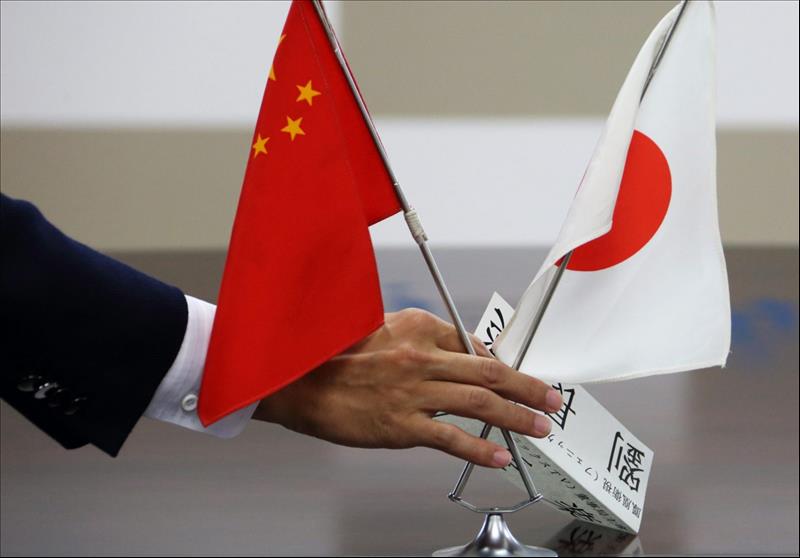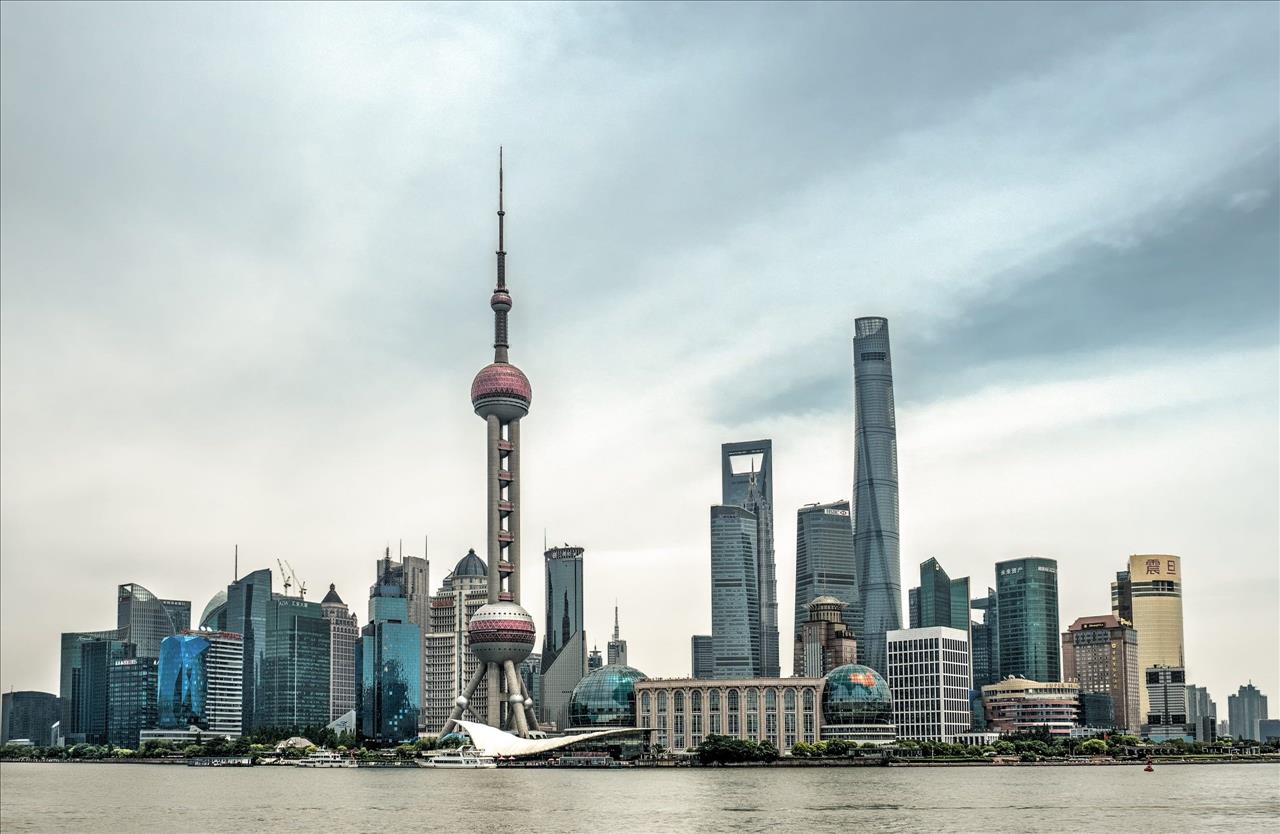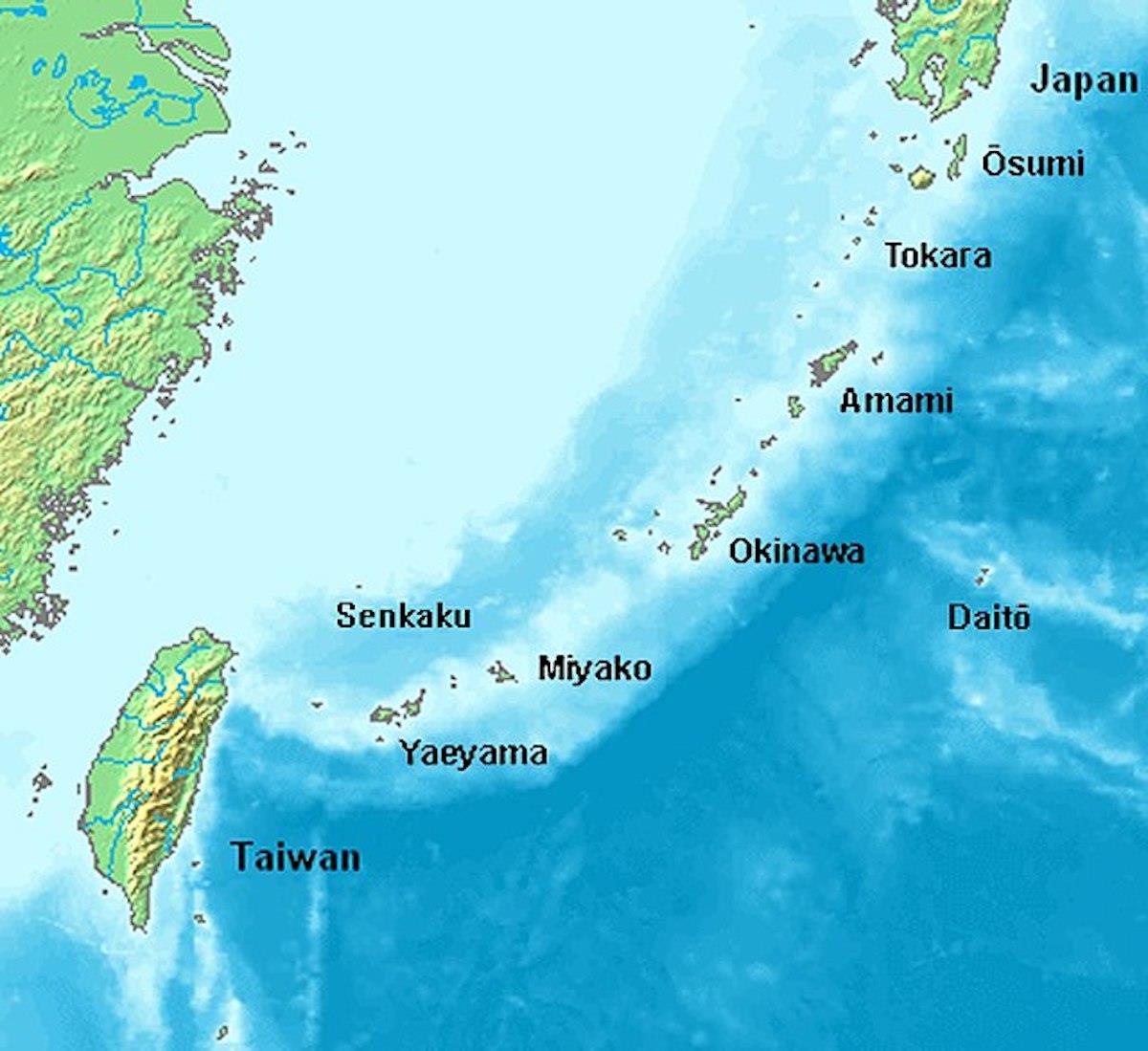
China Isn't Getting The Japan It Wants
As Beijing looked on angrily, the US and Japanese foreign and defense ministers met in Tokyo during the last week of July to announce they will increase bilateral security cooperation.
The US government
said
it will upgrade its military command post in Japan to a joint force headquarters that will cooperate closely with the Japanese armed forces' new Joint Operations Command, improving interoperability between the two allies' militaries. A
joint statement
sharply criticized China over a broad range of policies.
In response, the People's Republic of China (PRC) Ministry of Foreign Affairs
said ,
“We call on the US and Japan to immediately stop interfering in China's internal affairs, stop creating confrontation, [and] stop triggering a new Cold War.”
This is yet another milestone marking the long-running failure of the PRC to domesticate its principal Asian rival. In profound ways, China isn't getting the Japan it wants, largely because of Beijing's own counterproductive behavior.
What does the Chinese government want from Japan?
-
First, Beijing wants Tokyo, along with all other governments, to refrain from criticizing China or its policies.
Second, the PRC wants the international community to consider Japan perpetually unworthy of regional leadership because of Japan's sins during the 20th
century. Third, Beijing wants Tokyo to acquiesce to all Chinese claims of ownership of disputed territory - not only cases in which Japan is a rival claimant, but also the South China Sea and Taiwan. Fourth, the Chinese government wants a Japan that is militarily weak and neither allied nor aligned with the United States, leaving China the unchallenged strategic great power of its region. Finally, China wants Japan to provide high technology and expertise to China, helping China move up the value-added ladder and eventually achieve global leadership in critical emerging technologies as envisioned in Beijing's aspirational blueprint,“Made in China 2025 .”
In each of these criteria, however, Tokyo is moving in the opposite direction of China's preferences.
Until recently, Tokyo was relatively cautious about calling out China. The US-Japan joint statement in late July, however, contained copious
criticisms . China, it said,“seeks to reshape the international order for its own benefit at the expense of others,” uses“political, economic, and military coercion,” and“represents the greatest strategic challenge in the Indo-Pacific region and beyond.”
The statement mentions China's“escalatory behavior” around Japan's southwestern islands, the“rapid” and non-transparent expansion of China's nuclear weapons inventory,“unlawful maritime claims” and“provocative activities” in the South China Sea, dangerous harassment by PRC vessels and aircraft, threatening behavior toward Taiwan and support for Russia's war in Ukraine.

Legal Disclaimer:
MENAFN provides the
information “as is” without warranty of any kind. We do not accept
any responsibility or liability for the accuracy, content, images,
videos, licenses, completeness, legality, or reliability of the information
contained in this article. If you have any complaints or copyright
issues related to this article, kindly contact the provider above.





















Comments
No comment